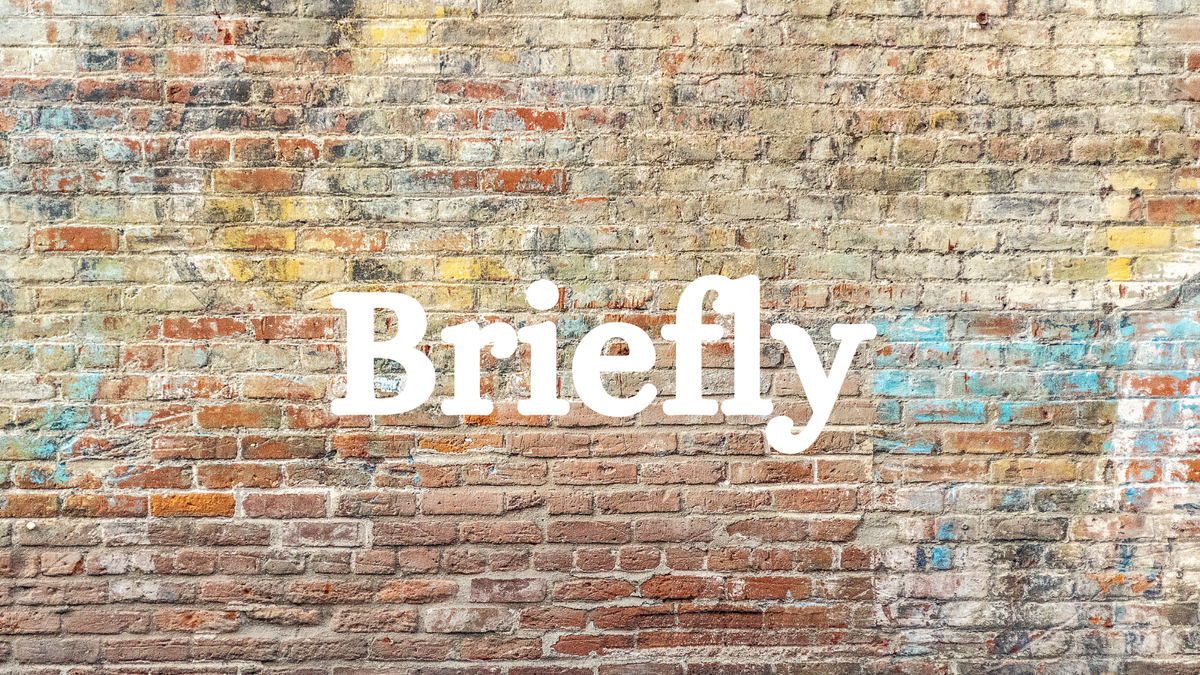The Anti-Drinking Campaign Picks Up Steam
Excerpts from two recent articles

They must learn it in college, while taking out student loans so they can vote for the candidate who promises to forgive them:
Alcohol use is most prevalent among people in their early-to-mid-20s, and tends to decrease slightly as people age. Underage drinking has greatly declined through the years, but heavy drinking in the 20s and 30s is a lingering problem. Over 60% of 26-to-44-year-olds drink, and 55% percent of adults 45 to 64 years old drink. Rates of alcohol use generally go up with income and educational attainment.
Research suggests nearly half of people who drink engage in binge drinking, defined as having four or more drinks in the span of a couple hours for women, or five or more drinks in two hours for men.
It reminds me of my time in college, when drinking surveys revealed that 95% of the guys in my fraternity had a drinking problem. I rarely drink five or more drinks in two hours, but when I do, I don't consider myself "binging."
I mean, "binging" is such a harsh word. It's like charging someone with "tax evasion" because they didn't declare the $50 they won on a scratch-off lottery ticket. Should he declare it and should he stop short of five drinks? Sure, but come on, "evading" and "binging"?

Politicians in the drinking regions are fighting back against "the Science."
It's kind of odd. Kentucky is firing up a counter-offensive to protect its bourbon industry. I'm pretty, pretty, pretty sure the DC elites and the Coasts assume Kentucky is filled with uneducated troglodytes, but the previous article says that drinking increases with education and income.
Alcohol-industry officials and lobbyists have sent materials to government officials questioning the research methods of scientists drafting the recommendations. Alcohol companies have spent millions of dollars lobbying lawmakers, more than a dozen of whom wrote to HHS and USDA on May 30 demanding more information on the process.
“We don’t want arbitrary decision-making by these agencies that’s not rooted in real science,” said Rep. Andy Barr (R., Ky.), who is co-chair of the Bourbon Caucus, a bipartisan group of lawmakers. The group was founded in 2009 by a lawmaker from Kentucky, which considers itself the birthplace of bourbon, and now has around 40 members.
Guiding Americans to drink less would be a blow to an industry that is already losing some customers. Younger generations have moved away from alcohol over health concerns. For the first time, the U.S. has more daily cannabis users than alcohol users.
“If they want us to drink two beers a week, frankly they can kiss my ass,” Sen. Ted Cruz (R., Texas) said on Newsmax in August of the potential for lower alcohol-consumption guidelines.

